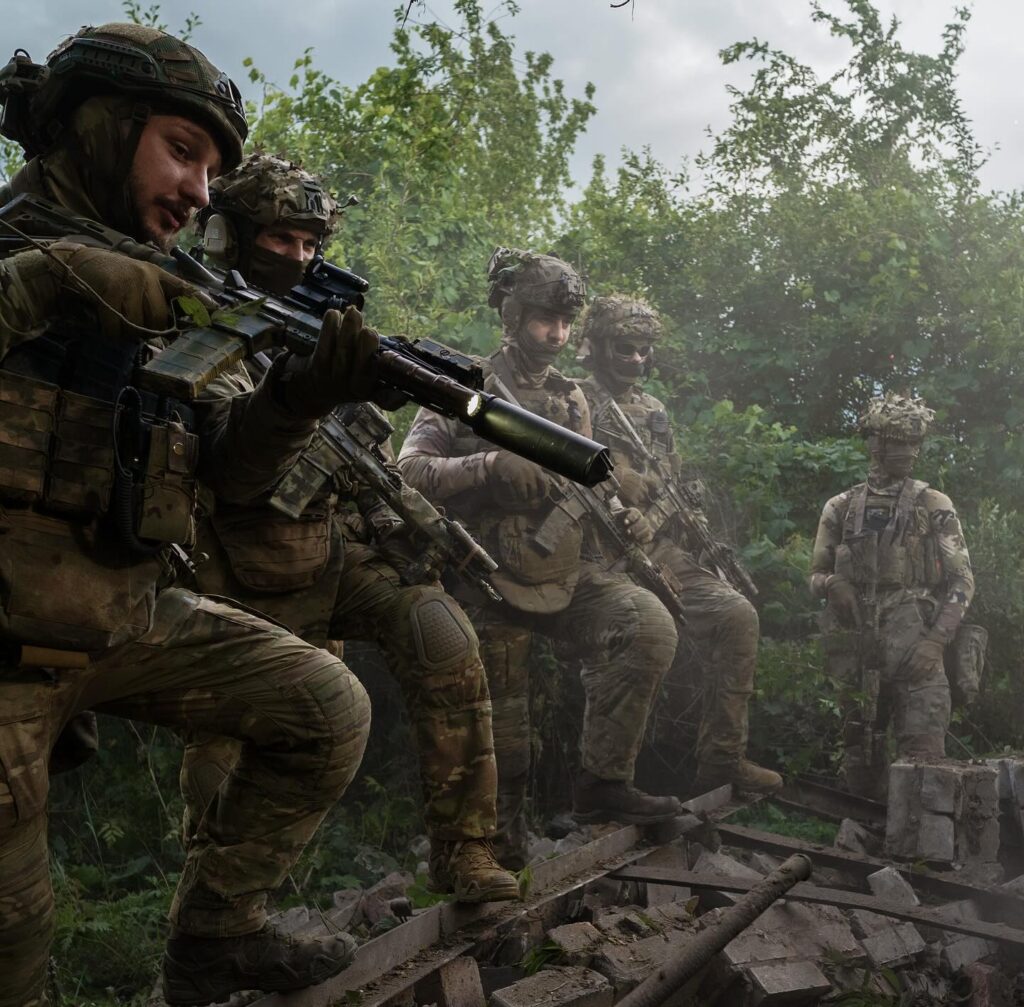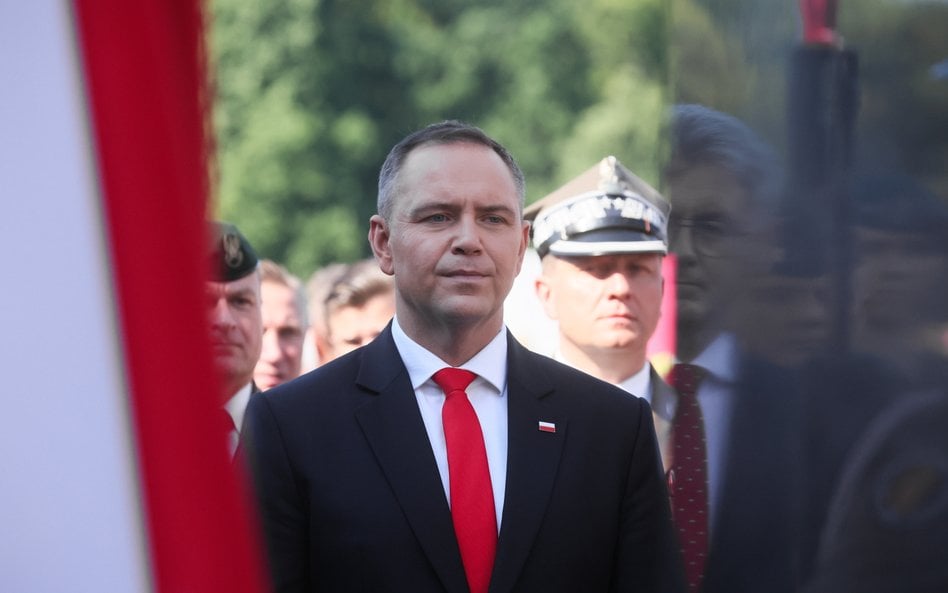59% of Ukrainians support cessation of hostilities and search for compromise

Most Ukrainians favor ending combat operations through negotiated settlement while demanding concrete security assurances from Western allies, according to new polling data from the Rating Sociological Group.
The survey, conducted 21-23 August, found 59% of respondents support “cessation of hostilities and search for compromise,” while 20% back continuing the war until Donbas and Crimea are returned and 13% favor fighting until 23 February 2022 borders are restored.
Security guarantees emerge as the central precondition for any ceasefire agreement. When asked whether Ukraine should agree to stop fighting, 75% said “Yes, but only if Ukraine receives security guarantees from the USA and European countries,” according to the polling firm. Just 19% said Ukraine “should not agree under any conditions,” while 3% supported an unconditional ceasefire.
Ukrainians identified three priority security mechanisms: continued military financing and weapons supplies from partners (52%), allied commitments to enter combat if Russia attacks again (48%), and international air and sea patrols (44%).
The preference for multilateral negotiations over bilateral talks with Moscow was pronounced. The Rating group found 62% view “search for compromise with involvement of other countries” as realistic, compared to 20% who favor “direct negotiations with Russia.” Only 11% support rejecting talks entirely and “fighting until liberation of all territories.”
When asked about current priorities, 58% chose securing Western commitments for future army financing and adequate weapons supplies, while 31% prioritized territorial recovery.
Respondents most commonly said Ukraine fights Russia for “children’s future” (60%) and “freedom” (44%).
The telephone survey interviewed 1,600 adults across all oblasts except occupied Crimea and Donbas territories and areas without Ukrainian mobile coverage. The margin of error is 2.5% with 95% confidence level.
